Great Voyages Lecture Series
Take an armchair journey across exotic lands and seas with 'Great Voyages: Travels, Triumphs, and Tragedies,' lectures occured between October 2013 through June 2014. Renowned scholars, including Oceanographer Robert Ballard, Penn Classical Studies Associate Professor Peter Struck, and Penn Museum Curator Clark Erickson, share tales of epic journeys drawn from thousands of years of human history. Lecturers explore voyages as varied as those of the legendary Gilgamesh, the tragic sinking of the Titanic, and Magellan's circumnavigation of the Earth.
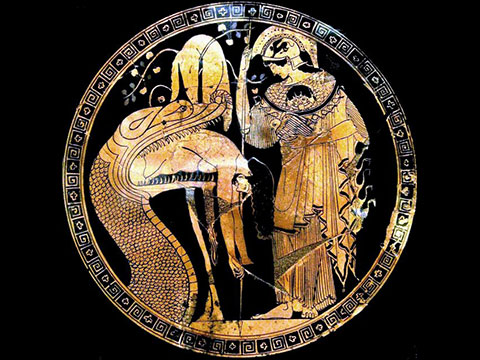
Length: 48:17
Great Voyages: Jason and the Golden Fleece
Brian Rose, James B. Pritchard Professor of Classical Archaeology, University of Pennsylvania. Searching for the Golden Fleece with Jason and the Argonauts One of the most captivating voyages in Classical literature involved the travels of the Greek ...
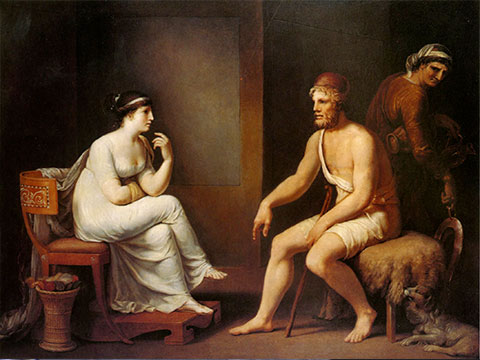
Length: 54:58
Great Voyages: The Odyssey, Nostalgia, and the Lost Home
Homer's tale of the wandering hero has loaned its name to the English language for the very idea of a long wandering voyage. In this talk, Dr. Struck considers the idea of a displacement in the epic poem, and how Odysseus negotiates his status as som...
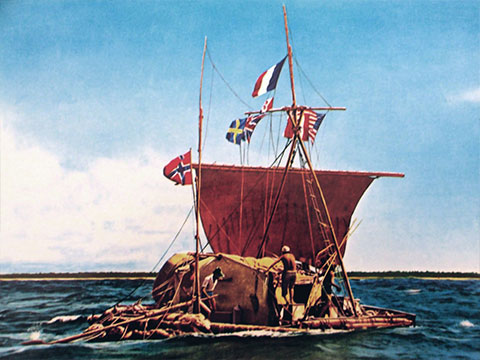
Length: 59:14
Great Voyages: Thor Heyerdahl and Kon Tiki: A Grand Experiment in Archaeology
Scholars have long debated the possibility of long distance travel between continents and its impact on the development of cultures. Similarities between specific objects or complexes of cultural traits often lead to hypotheses about the dating, natu...
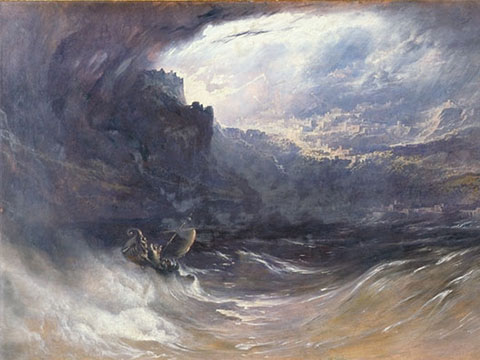
Length: 1:00:26
Great Voyages: Gilgamesh: Journeys to the End of the World
Steve Tinney, Associate Professor, Near Eastern Languages & Civilizations, University of Pennsylvania Gilgamesh: Journeys to the End of the World Gilgamesh was a figure of legend in ancient Mesopotamia (modern day Iraq) from as early as 4,500 years...
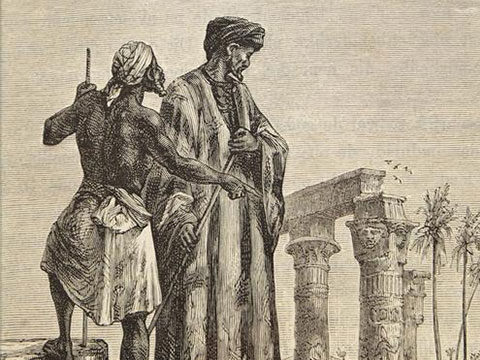
Length: 49:10
Great Voyages: Traveler's Tips from the 14th Century: The Detours of Ibn Battuta
Paul Cobb, Professor, Islamic History, University of Pennsylvania presents Traveler's Tips from the 14th Century: The Detours of Ibn Battuta. In 1325, a Moroccan scholar named Ibn Battuta set out to do a bit of traveling. When he finally returned to ...
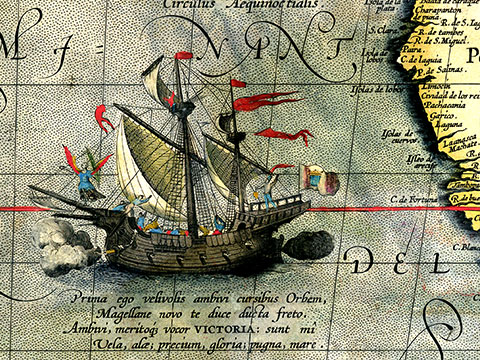
Length: 1:03:35
Great Voyages: Ferdinand Magellan, 'Our One True Guide': The First Circumnavigation of the Globe
Magellan's circumnavigation was a complex event—a feat of navigation and exploration that also saw hardship, shipwreck, and mutiny visited upon the expedition's crew. In a process that would become paradigmatic, Europeans found themselves enmeshed ...
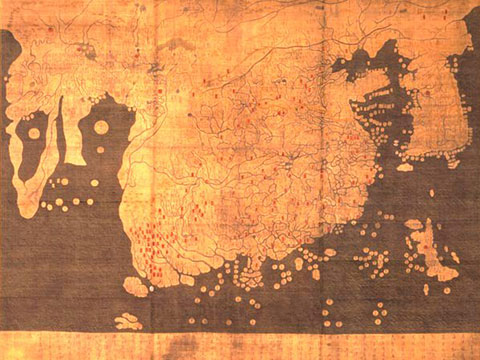
Length: 48:36
Great Voyages: Zheng He
Dr. Adam Smith, Assistant Curator, Asian Section, kicks off the 2013--2014 "Great Lectures" series. This year's theme: Great Voyages. Zheng He, a Muslim-born eunuch, is the most famous of the men that led the spectacular maritime expeditions of the M...

